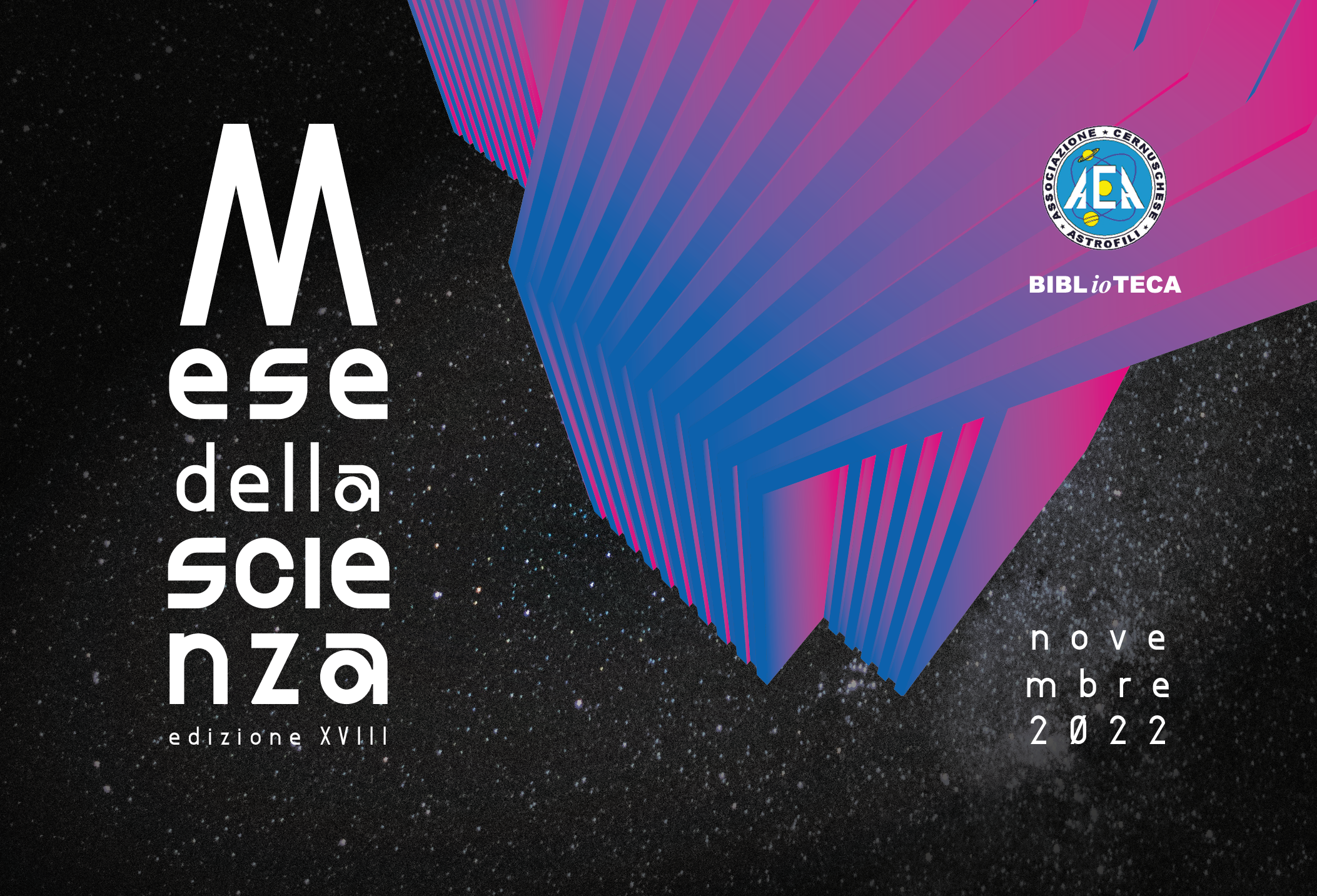Title: Music Facts: The Science of Human Obsession
author: Daniel J. Levitin
introduction: Wu Ming 2
translator: Susanna Borlot
publisher: code
year: 2008
Pages: 273
ISBN: 978-88-7578-816-2
Ticket in hand, we set off on a journey to discover our minds under the influence of songs, melodies and sounds. “Do not be afraid in the book.”Music facts, the science of human obsession“You will be guided step by step, starting with the basic knowledge of the musical world, what pitch, tempo, tempo are… and then moving on to this puzzle that is our mind. Author Daniel J. Levitin went from being a musician in a band of friends to the world of music production, As he fell more and more in love with the magic that sounds created. In search of answers to the increasingly pressing questions that crowded his mind, he then turned to the study of neuroscience:
“I began to wonder why some musicians became the talk of the town while others languished in obscurity. I also wondered why music is so easily accessible to some. Where does creativity come from? Why do some songs move us and others leave us indifferent? And what role does perception play in all of this, that mysterious ability that great musicians and sound engineers have to hear nuances that most of us don’t know about?
With his skills in both fields, the author makes passages that address the complexities of the mechanisms behind music interpretation easy and light, starting with anyone’s everyday experiences, such as tapping time with the foot or hands at a concert. Daniel J. narrates: Levitin also shares anecdotes from his life, personal experiences such as his meetings with famous musicians or his conversations with researchers over coffee. From this book you should not expect a boring series of terms explained as in a dictionary, but… An analysis of the issue, along with the author who reflects and reflects with us.
The connection to music is the legacy of our ancestors
A song, a melody that evokes emotions, brings out memories. This is one of the points on which the American cognitive psychologist, neuroscientist, musician, and writer, researcher in the origins of… The relationship between sounds and emotions Go back in time:
The role of the cerebellum here is clear. The idea that emotions are linked to cerebellar neurons also makes sense. The most important survival activities often involved running—escaping a predator or stalking fleeing prey—and our ancestors needed to react quickly, on the spot, without analyzing the situation and considering the best course of action. In short, among our ancestors, those who were equipped with an emotional system directly linked to their motor system could interact more easily, and thus live, reproduce and pass on these genes to another generation.
Darwin also compared music to a peacock’s tail, as an indicator of biological and physical fitness to attract mates, even before the arrival of language. Briefly It has evolved with us since ancient times.
The key to our emotions is hidden in songs
When a song enters us, our body reacts as well and the melody often gives us goosebumps. When listening to certain songs, we feel a series of compelling emotions that resonate with our experiences: Composers know how to attract us, how to strike us deep inside and move our souls. The author is able to provide an explanation for this as well, as he presents examples of famous songs, dives into their tunes and reveals their secrets, secrets that make them impossible to forget.
“Composers imbue music with emotion because they know our expectations and deliberately decide when to satisfy them and when not to satisfy them. The chills, excitement, and tears we feel with music are because our expectations have been manipulated by a skilled composer and the musicians who perform his works.”
Artists are scientists themselves, manipulating the mechanisms of the mind to make us experience strong emotions.
In this book you will find a bridge between the origins of music in our ancestors and modern perceptionYou’ll be amazed at the small details that make songs and sounds have such a profound impact on our brains and lives. You will not be disappointed with this journey to discover the human mind under the influence of music.
She graduated in Biological Sciences from the University of Insubria. I started out talking about nature to kids at a park near my house and I’m now attending the Master Fauna and HD program, majoring in Environmental Communication.
Read also

“Infuriatingly humble social media buff. Twitter advocate. Writer. Internet nerd.”


